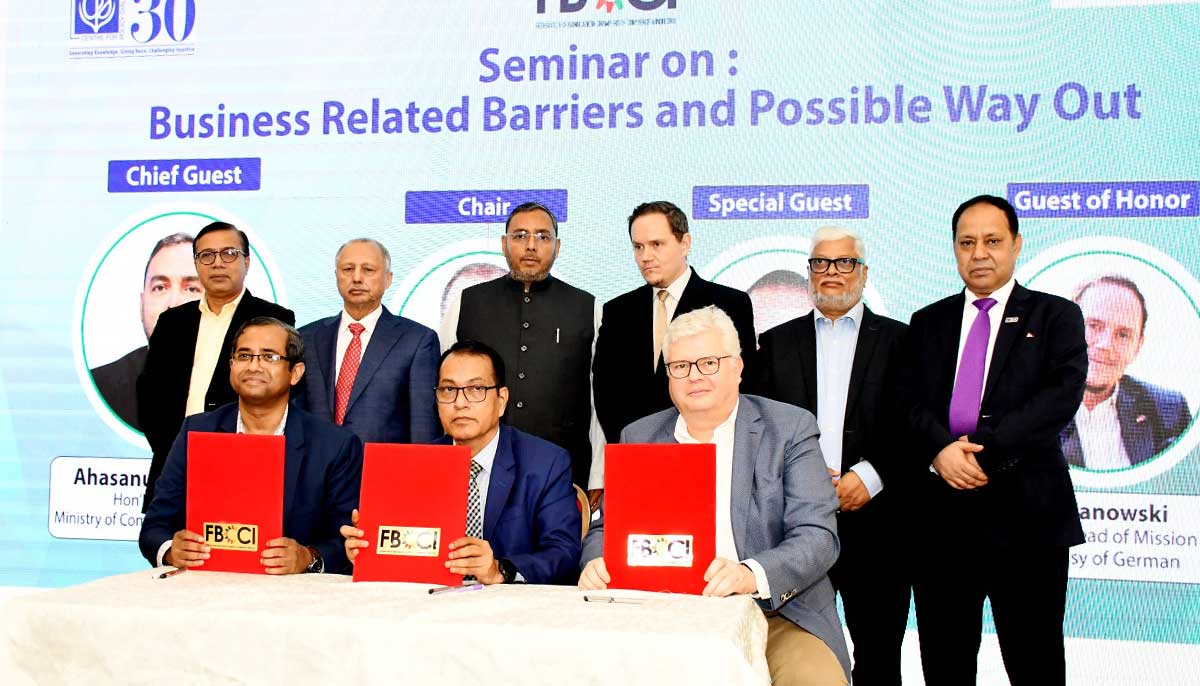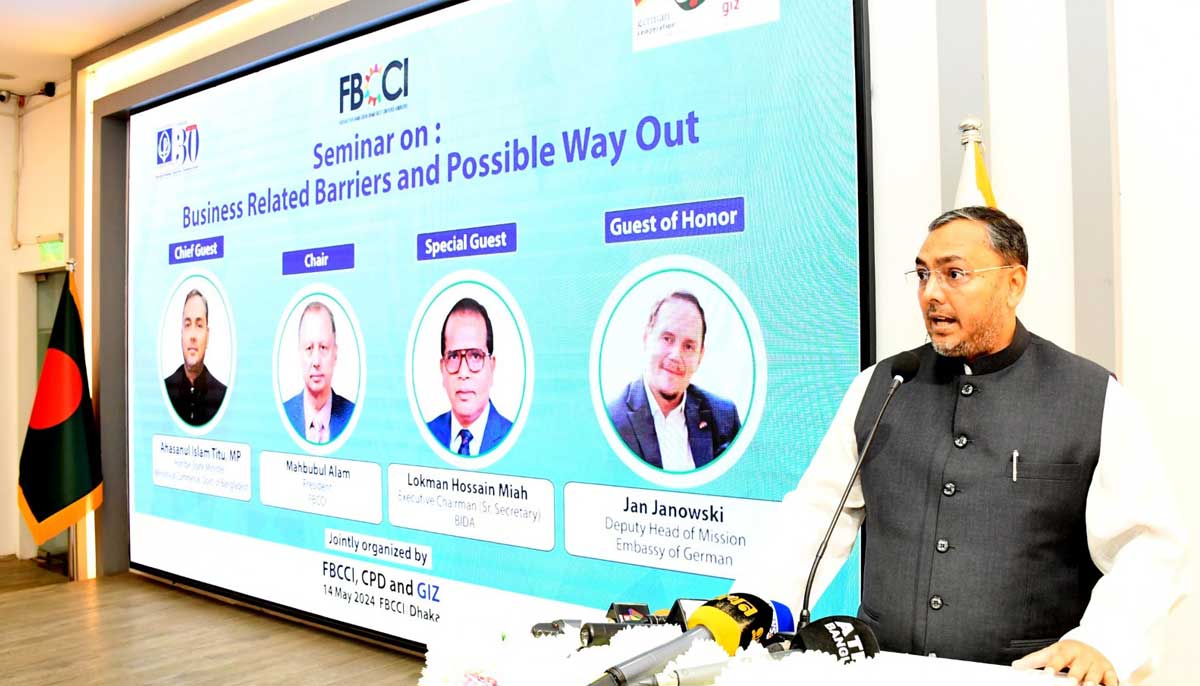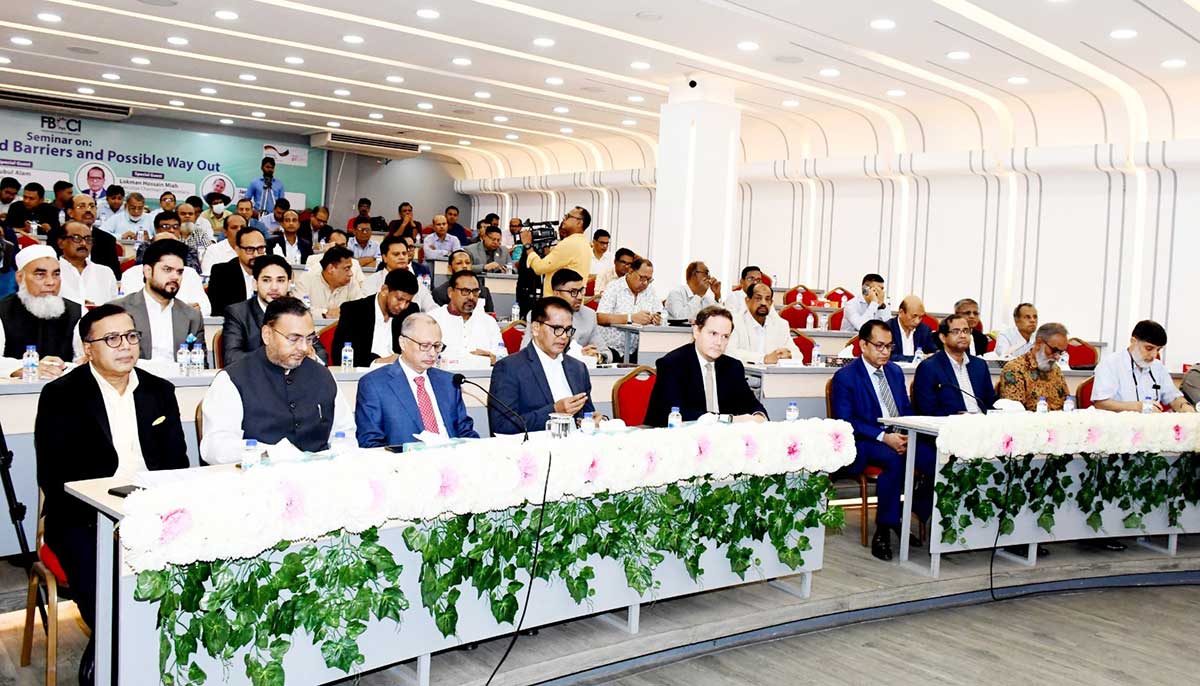
Bangladesh, strategically located with a market exceeding 174 million people, stands poised for significant economic advancement. Yet, the business landscape is fraught with challenges embedded within its regulatory, institutional, and operational frameworks. These challenges are underscored by low rankings in global reports, such as 173rd in the World Bank’s Doing Business 2020 and 105th in the World Economic Forum’s Global Competitiveness Report 2020. The country faces procedural delays and complexities in trading that impede business operations, with a particularly deficient credit information system that deters investments. Recognising these barriers, Business Process Reengineering (BPR) is proposed as a strategic response to radically reevaluate and redesign business processes to improve cost, quality, service, and speed, aligning Bangladesh’s business practices with global standards and fostering a conducive environment for economic growth.
In this context, the Centre for Policy Dialogue (CPD), Federation of Bangladesh Chambers of Commerce & Industry (FBCCI) and Deutsche Gesellschaft für Internationale Zusammenarbeit (GIZ) GmbH in Bangladesh, jointly organised a dialogue titled ‘Business Related Barriers and Possible Way Out’ on Tuesday, 14 May, 2024 at the FBCCI premises.
The dialogue was based on a study titled ‘Addressing Regulatory, Institutional, and Operational Barriers in Bangladesh’s Business Environment: Business Process Reengineering Approach’. The study aimed to assess business operations, identify operational challenges, streamline barriers, and develop a comprehensive strategy to enhance business practices.
In his welcome remarks, Mr Mahbubul Alam, President, FBCCI, said ‘There is a need for a coordinated effort between government officials and private sector leaders to tackle business related challenges through a dedicated platform designed to facilitate meaningful discussions and develop practical solutions’.

Mr Werner Lange, Cluster Coordinator, GIZ Bangladesh, remarked ‘We must continue to strive for better business practices and uphold social and environmental standards by enhancing the efficiency of public services related to business operations, particularly in importing and exporting’.
In his keynote presentation, Dr Khondaker Golam Moazzem, Research Director, CPD, emphasised ‘The primary aim of BPR is to discard redundant activities and optimise processes, enhancing the country’s competitive edge on a global scale’. He added that by learning from successful BPR implementations in countries like China, India, and Vietnam, Bangladesh can emulate considerable advancements made through regulatory reforms, digital transformation, and the promotion of innovation and entrepreneurship.
Dr Moazzem recommended the digitisation of all government services that pertain to businesses, encompassing areas such as tax filings, customs clearances, and environmental approvals. To enhance efficiency and improve decision-making processes, complete automation should be implemented alongside the integration of AI and machine learning tools. These technologies should also be utilised for the real-time processing of tax filings, customs clearances, and environmental approvals, providing robust support for both manufacturing and service-oriented business companies. Additionally, digital solutions should be implemented for managing land registrations and agricultural subsidies, optimising the administration of these critical areas.
The Research Director advocated for the creation of special economic zones, designed to provide tax incentives, infrastructural support, and simplified regulatory processes specifically tailored for SMEs and startups. These zones would feature customised incentives suitable for various sectors, including technology parks for IT startups and agro-processing zones for agricultural SMEs.
Additionally, he emphasised the establishment of incubation centres aimed at fostering new entrepreneurs by providing essential mentorship, funding, and networking opportunities. These centres would include sector-specific programmes such as technology incubators for digital startups, light engineering incubators for hardware-focused enterprises, and creative industry hubs for the arts and design sectors.

‘The responsible organisations overseeing these initiatives should include the SME Foundation, the Bangladesh Investment Development Authority (BIDA), and the Ministries of Industry and Commerce, ensuring a coordinated and supportive environment for business growth and innovation’ recommended the Research Director.
The Chief Guest, Mr Ahasanul Islam Titu, MP, Hon’ble State Minister, Ministry of Commerce, underscored ‘Bangladesh is brimming with ideas, but implementation requires political will, social acceptance, and feasibility. With the collective expertise of individuals who have served in governmental capacities, we have the potential to make significant strides in improving the ease of doing business in Bangladesh, attracting more investments’.
While commenting on issues related to licenses, the special guest of the dialogue, Mr Lokman Hossain Miah, Executive Chairman (Sr. Secretary), BIDA, said ‘We are streamlining the process to a five-year term, aligning with local government orders. We are integrating environment and fire service agencies to facilitate this’.
The Guest of Honour, Mr Jan Janowski, Deputy Head of Mission, Embassy of Germany, Dhaka, highlighted ‘There’s considerable potential for further enhancement in our trade relations. While numerous promising initiatives have been outlined since the elections, swift and coordinated implementation across all sectors is crucial for enhancing positive momentum in Bangladesh’s development. Germany stands ready to support these efforts wholeheartedly’.
Dr. Mostafa Abid Khan, Panel Advisor, FBCCI & Former Member, Bangladesh Tari Commission, pointed out specific problems with the licensing system, noting how licenses in Bangladesh often expire on June 30th regardless of when they were issued, which can be inefficient and confusing. He suggests ‘This system needs to be addressed to prevent unnecessary delays and complications for businesses’.
While discussing a positive outlook on the current situation, Mr Ahsan Khan Chowdhury, Chairman & CEO, PRAN-RFL Group, said ‘The government faces many challenges as we are still growing, and there are many regulatory requirements like bond licenses and the need for foreign currency. Opening up Bhomra port for quicker imports from India and improving collaboration with BSTI for food safety are critical steps we should pursue’.
Mr Mohammad Muslim Chowdhury, Panel Advisor, FBCCI & Former Comptroller and Auditor General (CAG), urged FBCCI and BIDA to assess the National Single Window project’s progress, potentially enhancing how businesses handle regulatory needs and advancing digitalisation efforts.
High-level policymakers, trade specialists, business leaders, academics, development practitioners, civil society activists, international development partners and journalists were present at the dialogue, many of whom participated in the open floor discussions.
The dialogue concluded with the signing of a Memorandum of Understanding (MoU) between FBCCI, CPD, and GIZ on the “Set-up a New Factory” portal.


